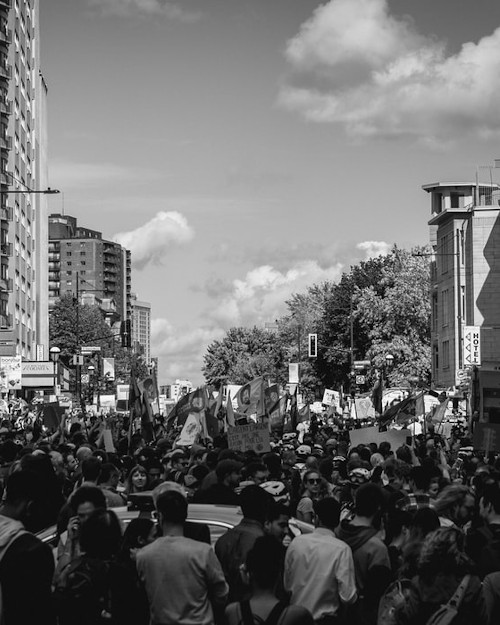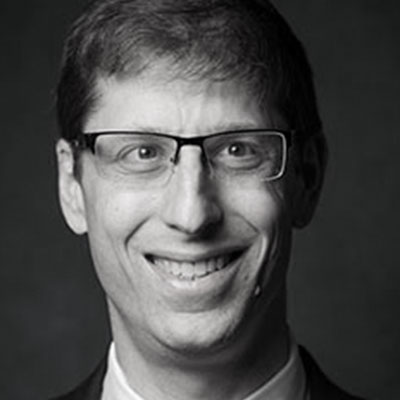Suffering, Social Justice, and the Jewish Response
In 1883, the American author Henry James (1843-1916) received a distressing letter from…

There is a growing debate within Jewish circles about the term “Tikkun Olam” – meaning to fix or change the world. For some Jews, this is our nation’s mission: to stand with the oppressed and bring societal change and redemption to the entire world. Others, however, have criticized this approach, saying that Tikkun Olam as…
In 1883, the American author Henry James (1843-1916) received a distressing letter from…

I grew up in a relatively sheltered community in Long Island, NY. I…

On December 17, 2014, a rosh yeshiva stood at the podium of Yeshiva…

In this episode of the 18Forty Podcast, we sit down with Rabbi Jeremy Wieder – rosh yeshiva, PhD, Bible professor, and passionate Orthodox moral voice – to discuss what the Torah has to say about social justice.
In this episode of the 18Forty Podcast, we sit down with Rabbi Jeremy Wieder – rosh yeshiva, PhD,…
In this episode of the 18Forty Podcast, we sit down with Dr. Rivka Press Schwartz – Shalom Hartman…
In this episode of the 18Forty Podcast, we sit down with Eli Rubin – writer and researcher at…
An instant classic, Rabbi Sacks’s To Heal a Fractured World is an erudite, personal, and deeply spiritual argument for religion to work towards a better world. This book is a journey through the Torah, Jewish law, Jewish thought, and general philosophy, all on the road to deeper responsibility towards each other. Both eminently contemporary and timeless, this work is loved by students and teachers of all ages and walks of life for a reason, and is a must-read of the contemporary Jewish canon for any interested in living a richer, more constructive life.
Who was Rabbi Menachem Mendel Schneersohn? In the popular imagination, he is remembered for his impact on Jewish outreach and religious life, for very good reason. This groundbreaking book is the first to delve into the Rebbe’s social activism. In exploring the Rebbe’s role as an advocate for public education, criminal justice reform, women’s empowerment, and alternative energy, this lucid book provides a perspective of how deep religiosity and deeply engaged social justice work can (and should) go hand in hand. Intriguingly, this book is also a well-thought investigation into how the Rebbe’s social views aligned with the rest of his socio-mystical weltanschauung, and learning about his broad web of views is both powerful and interesting.
A book written in an age of financial impropriety, Jewish Ethics in a Post-Madoff World takes the gaps between religion and its adherents as the starting point for reflection on Jewish ethics and community. While not dealing with the traditional understanding of social justice, Jewish Ethics works through many of the same questions animating the conversation around social justice in the Jewish community, such as the question of Orthodoxy’s socio-economic limitations, how we frame ethics in 21st century religious communities, and the possibility of communal change. This book is intended for “those readers who are willing to examine unflinchingly, and with an open mind, the precise contours of today’s ethical failures, even when such failures raise deep questions about the status of one’s community and one’s own taken-for-granted values.” Take this book seriously, and join us in thinking about these…
This is your address for today’s biggest Jewish questions. Looking for something in specific? Search on our homepage or browse on your own.

